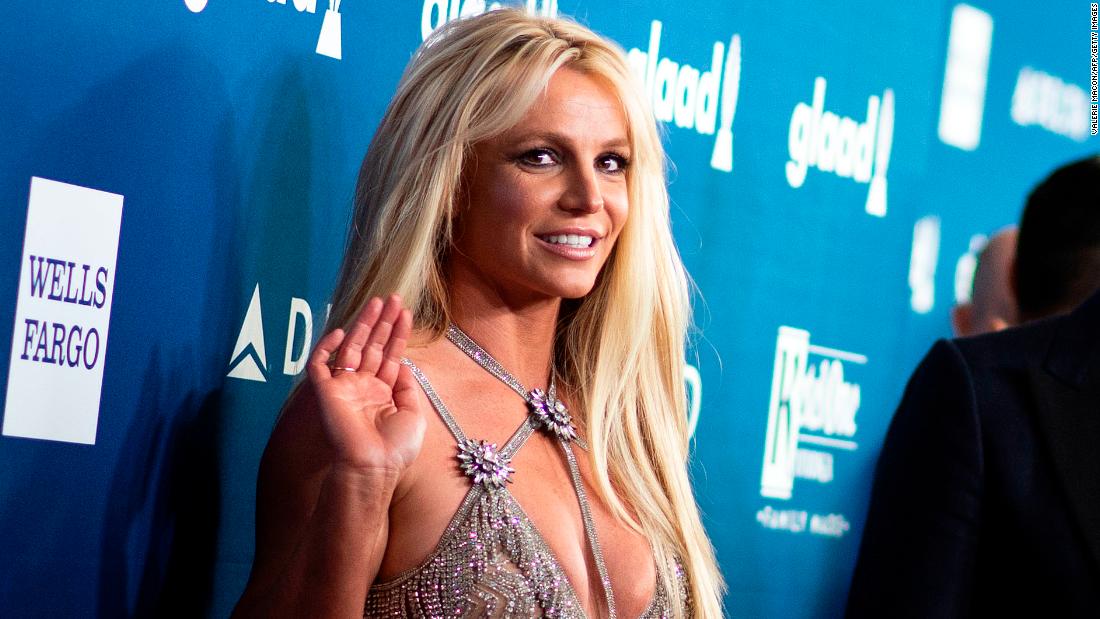The Role of Political Leaders in Addressing Global Challenges
Political leaders play a crucial role in addressing the global challenges of our time. With their power and influence, they have the ability to shape policies, promote international cooperation, and implement strategies that can have a profound impact on the world. In this article, we will explore the multifaceted role of political leaders in tackling global challenges and examine the key areas where their involvement is vital.Global challenges such as poverty, inequality, climate change, conflicts, and pandemics require collective efforts and effective leadership. Political leaders, including heads of state, government officials, and policymakers, play a central role in finding solutions to these complex issues. Their decisions and actions can shape the future of nations and have a significant impact on the global community.
The Power and Influence of Political Leaders
Political leaders hold positions of power and influence, enabling them to make decisions that affect the lives of millions. Their ability to mobilize resources, enact policies, and set agendas gives them a unique platform to address global challenges. By leveraging their authority, they can drive change, inspire action, and rally support from citizens, businesses, and international partners.
Understanding Global Challenges
Before discussing the role of political leaders, it is essential to understand the nature and scope of global challenges. Global challenges refer to complex issues that transcend national borders and require international collaboration to find solutions. They can include economic, social, environmental, and health-related concerns that impact people on a global scale.
Examples of global challenges include poverty and inequality, climate change, armed conflicts, human rights violations, and pandemics. These challenges pose significant threats to global stability, sustainable development, and the well-being of individuals and communities worldwide.
The Responsibility of Political Leaders
Political leaders have a responsibility to address global challenges effectively. This responsibility encompasses several key aspects:
Policy Formation and Implementation
Political leaders are responsible for formulating policies that address global challenges. They must analyze the root causes of these issues, consult with experts, and develop comprehensive strategies to tackle them. Additionally, they need to ensure the implementation of these policies through legislation, regulations, and effective governance.
International Cooperation and Diplomacy
Global challenges often require collaboration and cooperation among nations. Political leaders play a vital role in fostering diplomatic relations, building alliances, and engaging in international forums to address these challenges collectively. By facilitating dialogue and negotiation, they can seek common ground and work towards shared goals.
Economic and Social Considerations
Global challenges are often interconnected with economic and social factors. Political leaders must consider these aspects when formulating policies and addressing the root causes of these challenges. Two critical areas that require attention are poverty and inequality and climate change and environmental issues.
Poverty and Inequality
Political leaders have a responsibility to reduce poverty and inequality within their countries and globally. By implementing inclusive economic policies, promoting equitable distribution of resources, and investing in social welfare programs, they can uplift marginalized communities and create opportunities for all.
Climate Change and Environmental Issues
Political leaders have a significant role in combating climate change and addressing environmental issues. Through sustainable development policies, investment in renewable energy, and adoption of environmentally friendly practices, they can mitigate the impact of climate change, preserve natural resources, and promote a more sustainable future.
Conflict Resolution and Peacebuilding
Political leaders play a crucial role in resolving conflicts and promoting peace. Armed conflicts and human rights violations pose significant challenges to global stability and human well-being. Political leaders can contribute to conflict resolution and peacebuilding efforts by:
Promoting Dialogue and Negotiations
Leaders can facilitate dialogue and negotiations between conflicting parties to find peaceful solutions. By fostering understanding, empathy, and compromise, they can help build bridges and promote reconciliation.
Ensuring Human Rights and Justice
Political leaders have a responsibility to uphold human rights and justice. They can work towards ensuring accountability for human rights violations, promoting access to justice, and supporting institutions that protect and promote human rights at the national and international levels.
Health and Pandemic Management
The recent COVID-19 pandemic has highlighted the critical role of political leaders in managing health crises. Their decisions regarding healthcare infrastructure, public health policies, and emergency responses can significantly impact the outcomes of pandemics and other health emergencies. Key areas where political leaders can make a difference include:
Responding to Health Crises
Leaders must respond swiftly and effectively to health crises, coordinating national and international efforts to contain the spread of diseases, provide healthcare services, and support affected communities.
Ensuring Access to Healthcare
Political leaders should work towards improving healthcare systems and ensuring access to quality healthcare for all. This includes investments in healthcare infrastructure, healthcare workforce development, and equitable distribution of healthcare resources.






 English (US) ·
English (US) ·